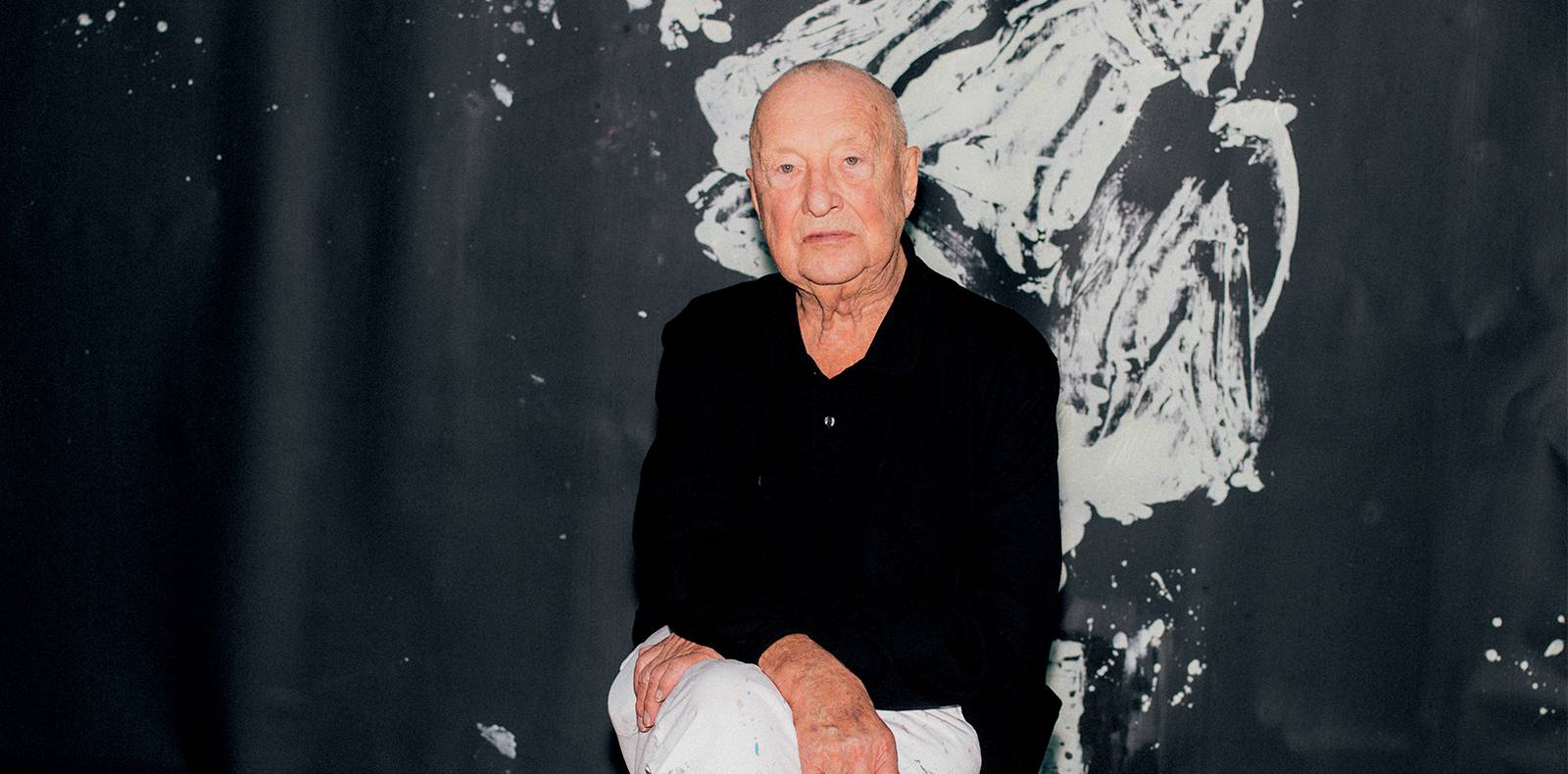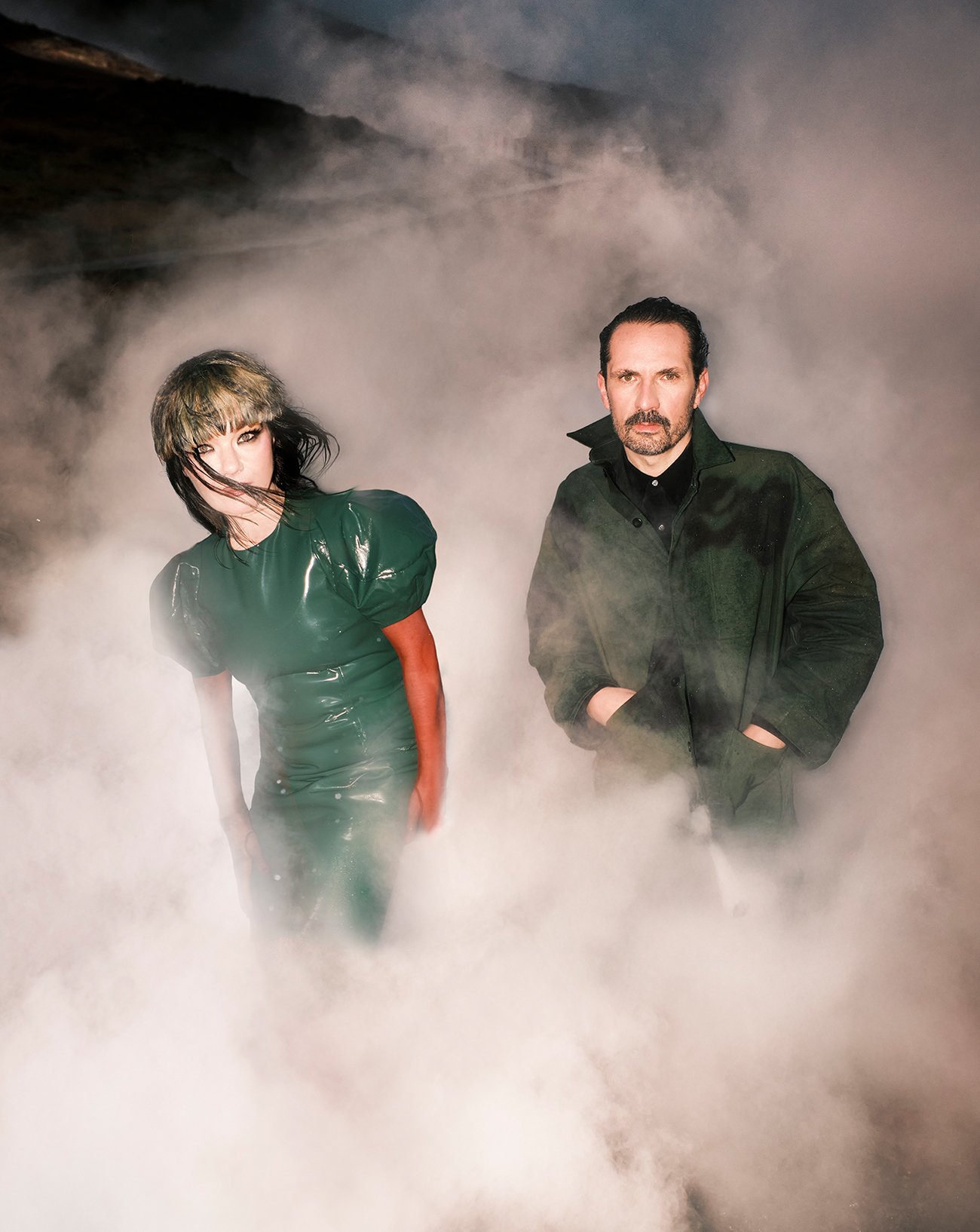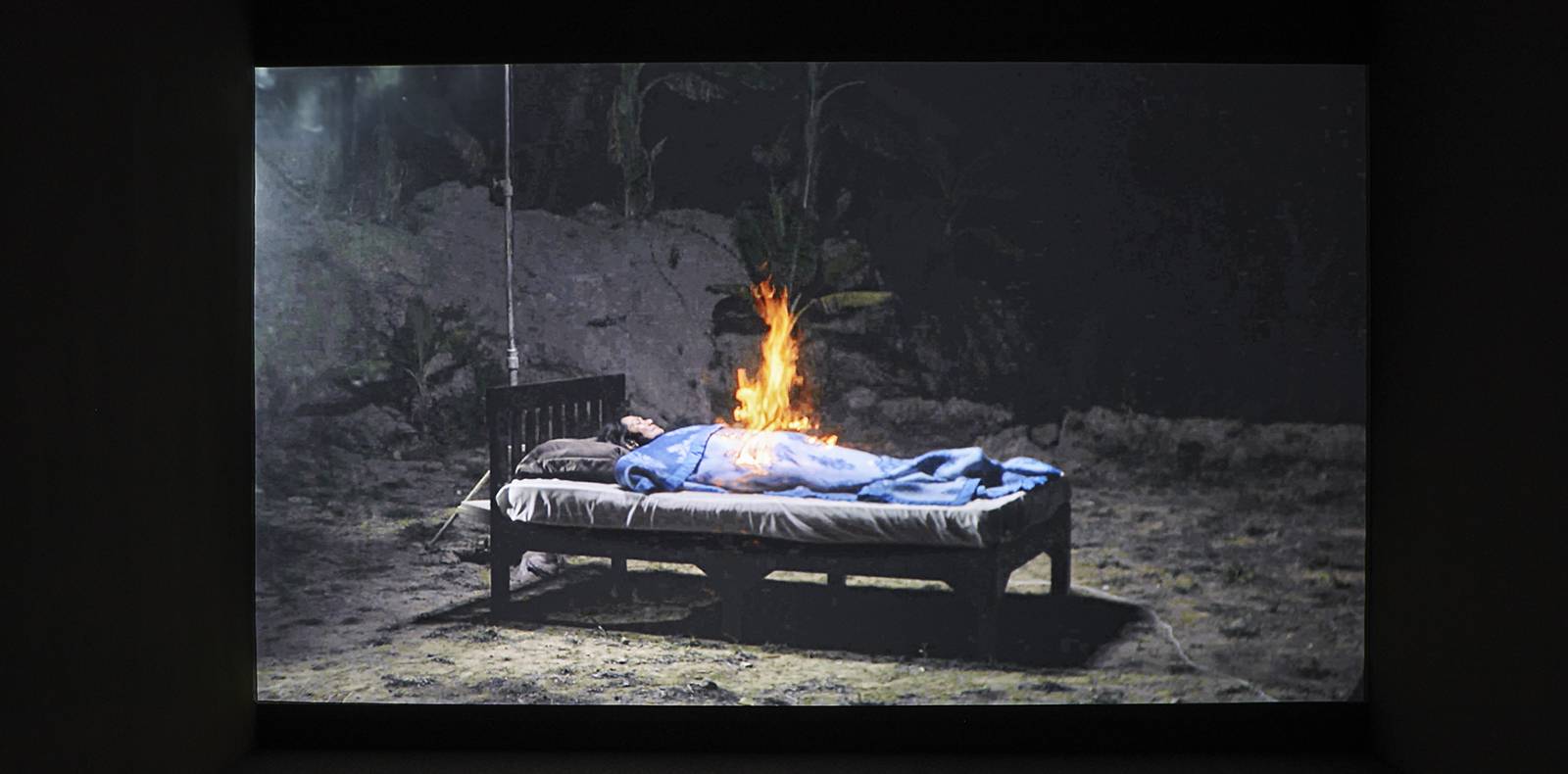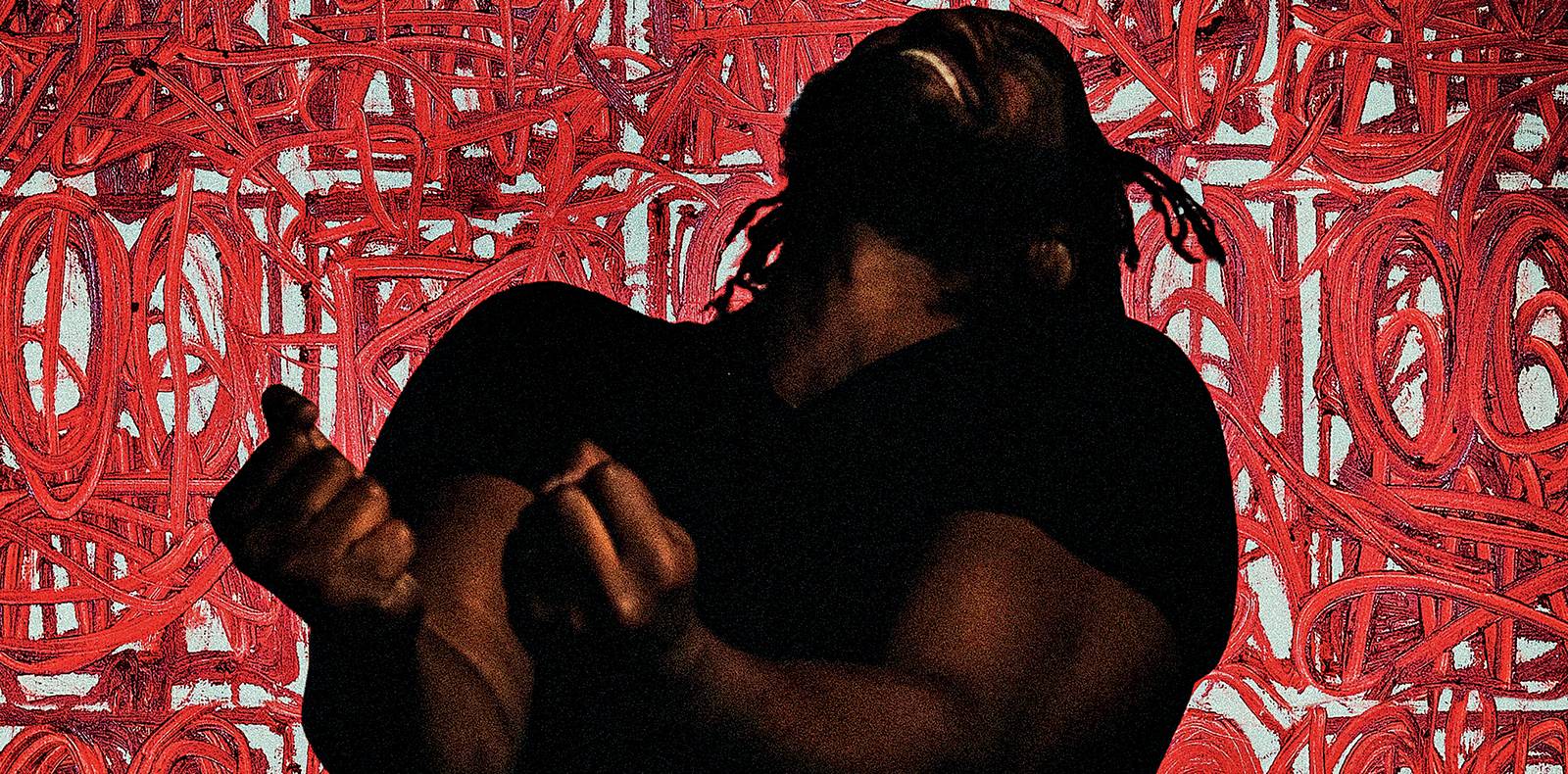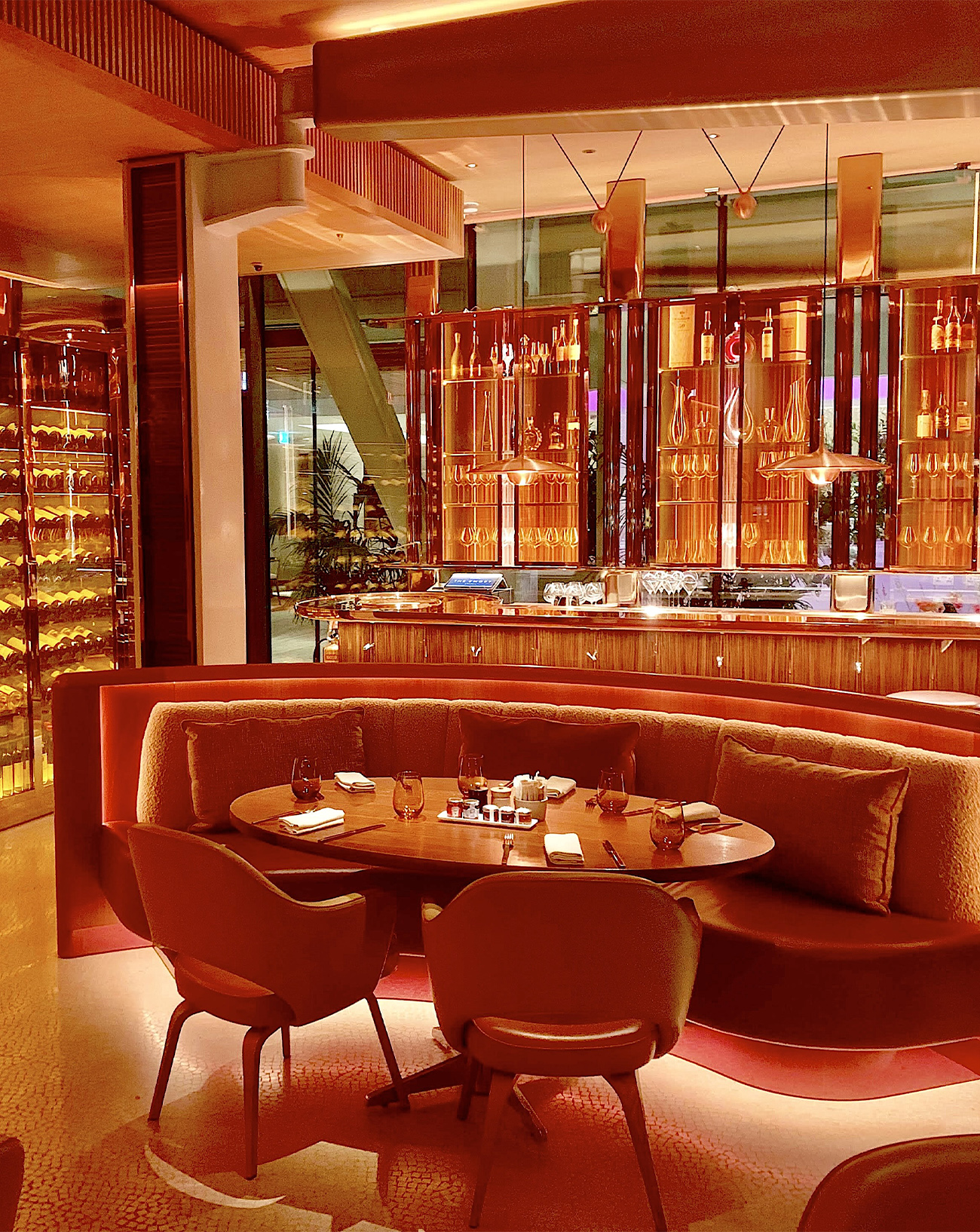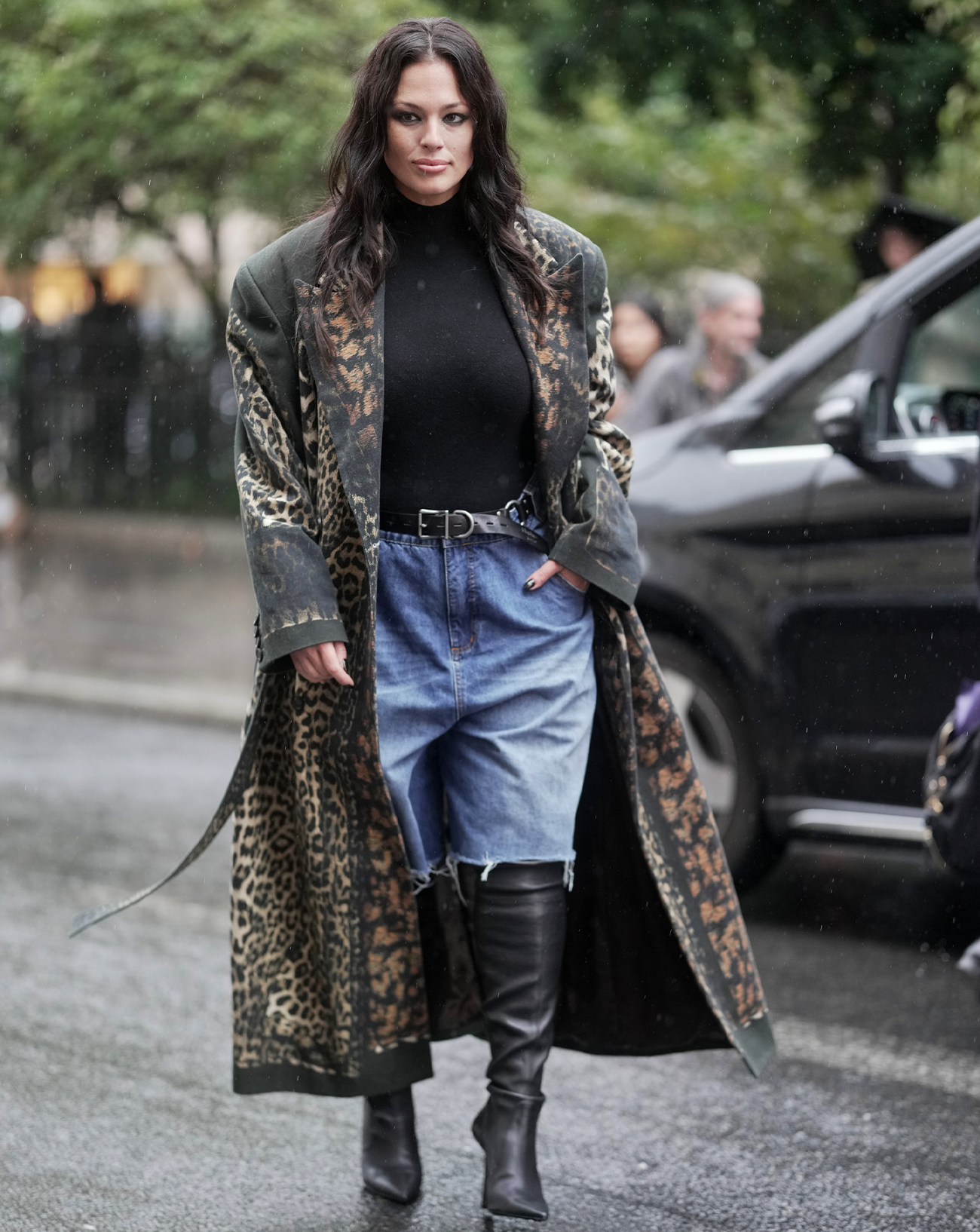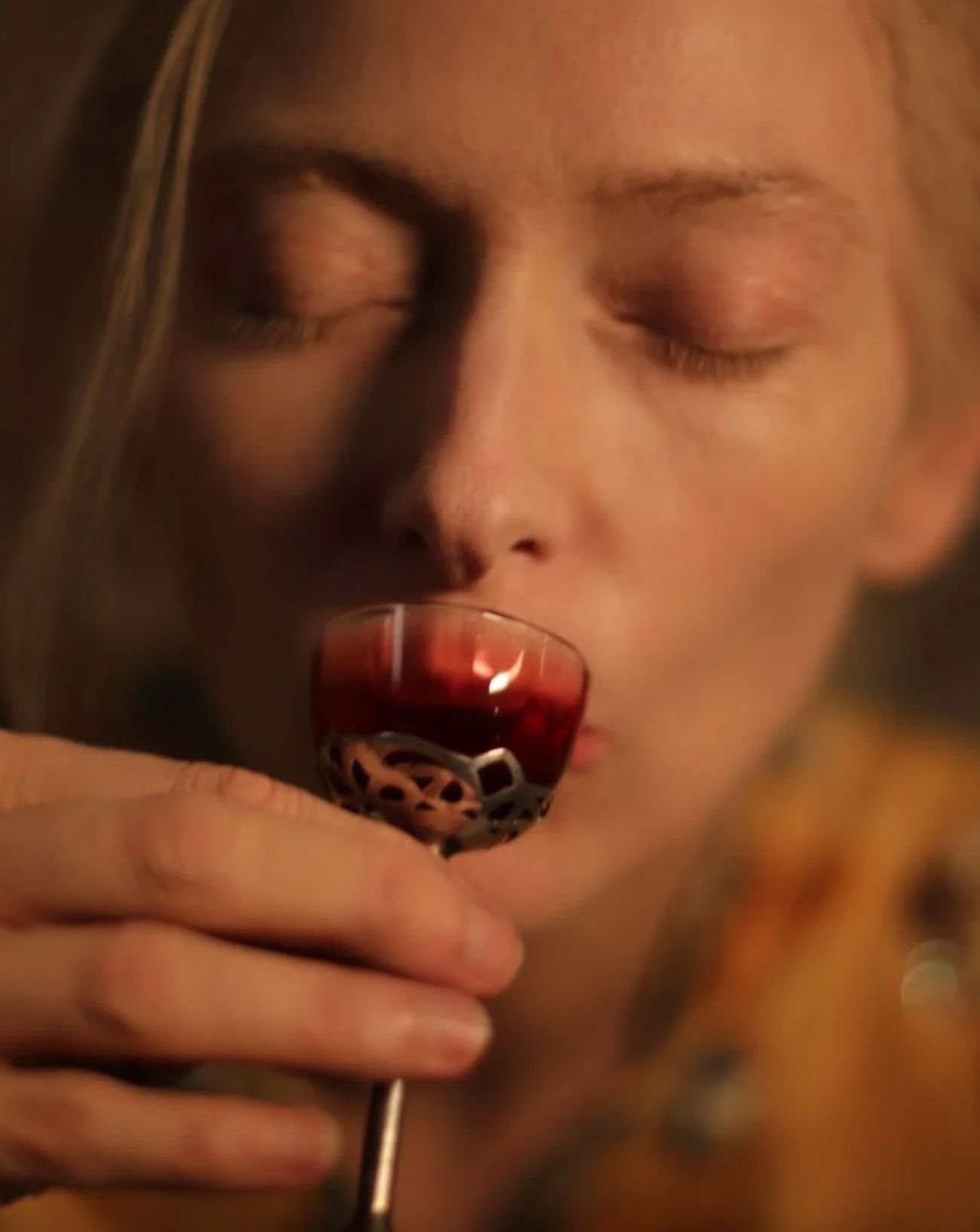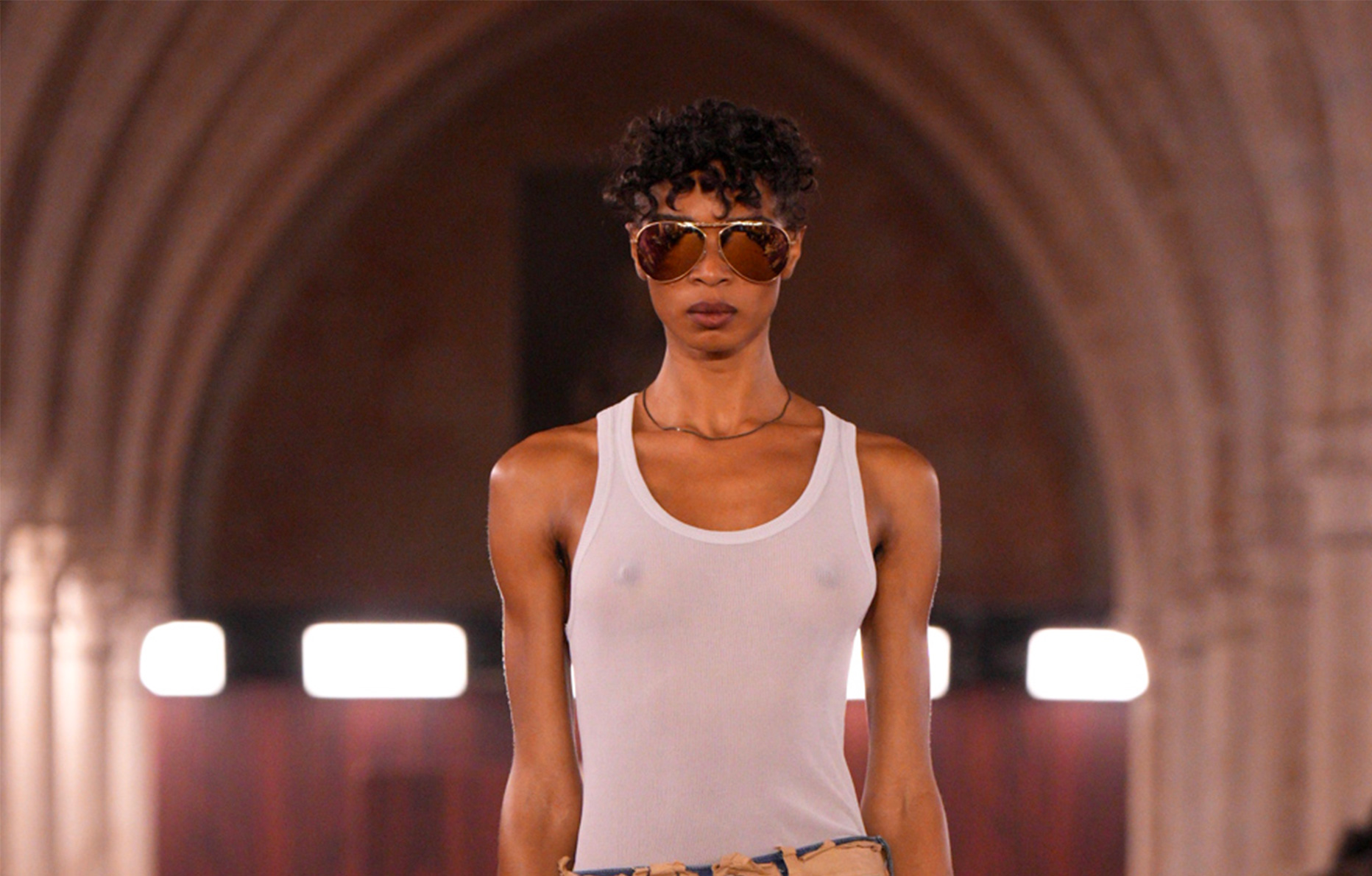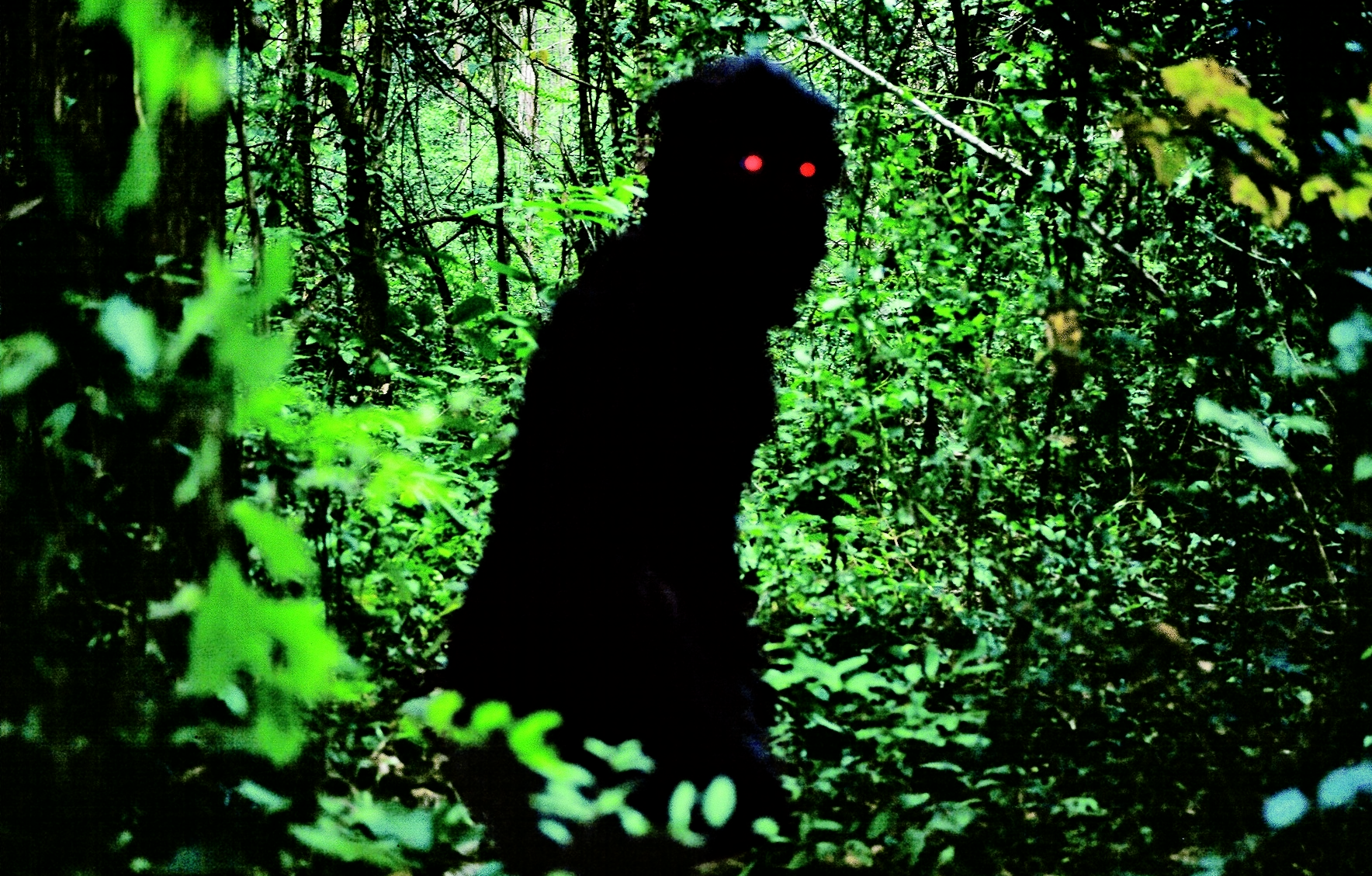
4
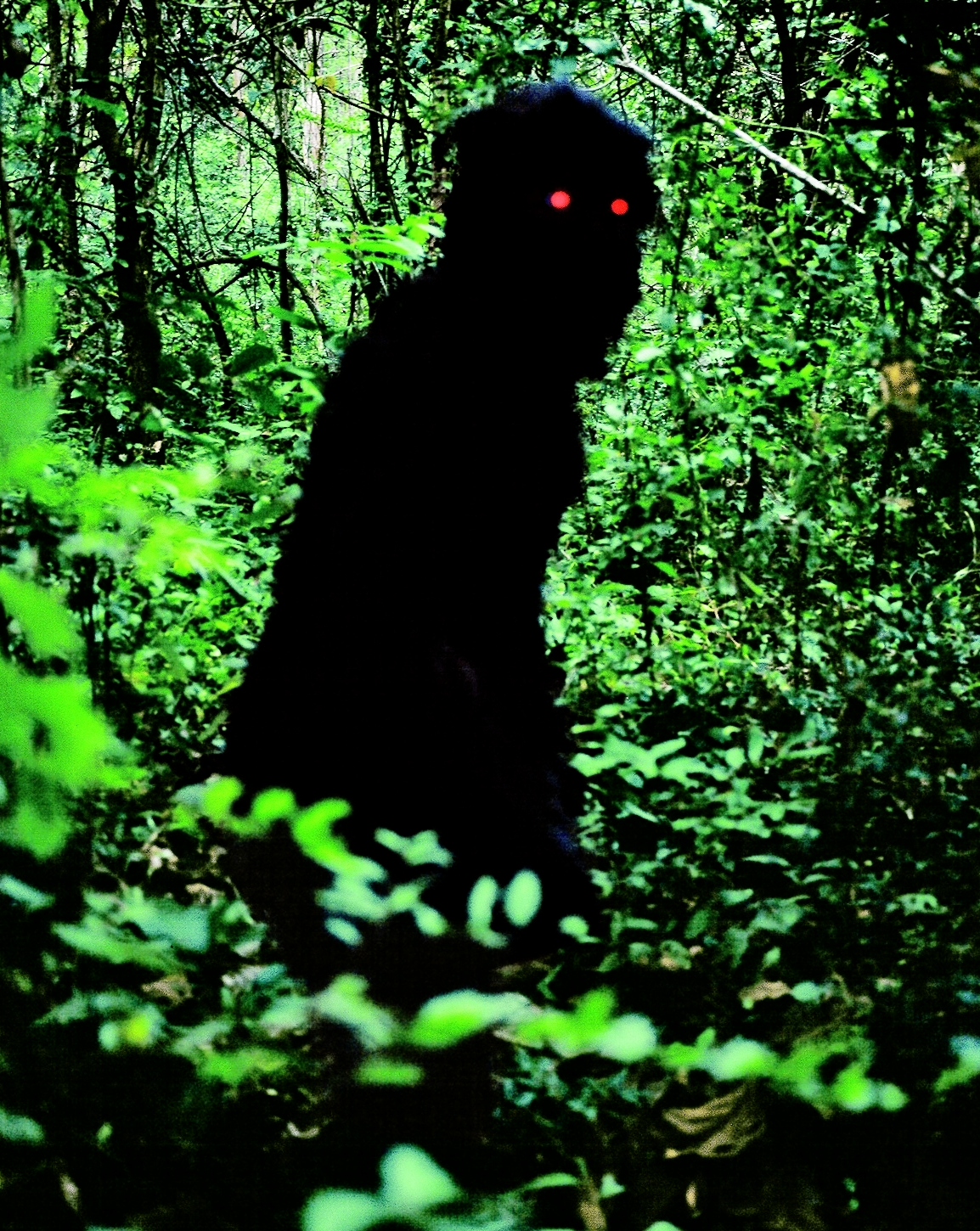
4
Interview with director Apichatpong Weerasethakul, celebrated at the Festival d’automne
The author of enigmatic and contemplative films, and winner of the 2010 Palme d’or in Cannes, Thai director Apichatpong Weerasethakul is the guest of honour this autumn at Paris’s Centre Pompidou. In addition to a retrospective of his movies, visitors will be able to see Particules de nuit (Night Particles), an exhibition he has designed and curated. Numéro met up with an artist who continues to explore the poetic frontiers between dream and consciousness, reality and illusion.
Interview by Olivier Joyard.
Published on 4 October 2024. Updated on 7 October 2024.
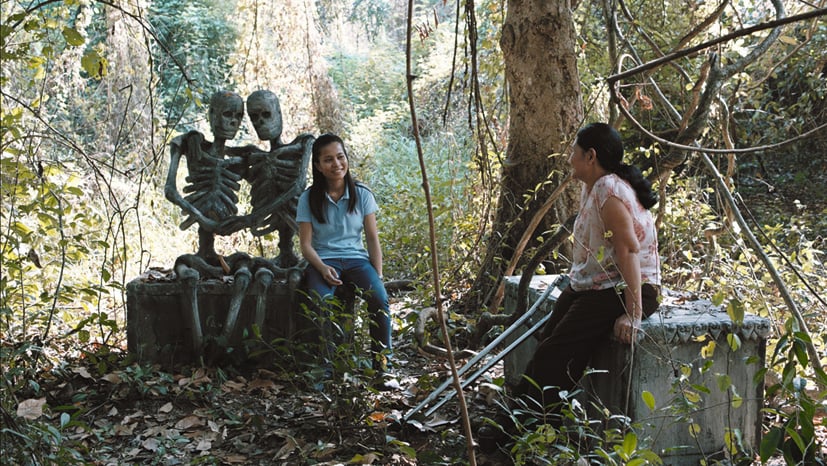
Over the course of a 25-year career, Apichatpong Weerasethakul has steered an idiosyncratic course between making audacious movies – his seven feature films include the 2010 Palme d’or winner Uncle Boonmee Who Can Recall His Past Lives – and avant-garde art installations. With its gentle propensity for reverie, his work, both in cinema and the visual arts, is haunted by ghosts, forming a world at once disturbing and welcoming.
On the occasion of Paris’s Festival d’automne – which is paying him tribute at the Centre Pompidou with a retrospective of his films, an exhibition, and a virtual-reality performance – Numéro caught up with the 54-year-old, whose philosophy of life has led him to intertwine his artistic practice with a metaphysical art de vivre.
Interview with Apichatpong Weerasethakul
Numéro : How do you spend your time these days? Where does creativity fit into your daily life?
There’s been something of a reversal over the course of time – I tend to produce less and live more fully. I’m no longer so interested in stories and narration. Since COVID, I’m happy on my own among the trees with my dogs and a few friends. That’s what creates the conditions for inspiration. At the same time, I don’t put the same value on “creation” and “creativity.”
I think we use these terms too often to give them a precise meaning for me, everything is creation. My recent work has been more concerned with capturing movements around me. Nothing very intellectual, just people, sunrises, and sunsets. Every moment is precious; nothing really repeats itself.
How did this change come about?
I’ve been meditating more and more. I now feel I’m more of an artist than a filmmaker. I’ve always made films and artworks, and sometimes the two communicate. But concentrating on the visual art puts me in a rhythm that suits me better. I draw and I make films, generally shorts.
Rewatching some of my feature films when they were being restored – Tropical Malady for instance [a movie from 2004] – I came to realize that I’m not the same person. We constantly change throughout our lives. I’d like it if, while watching or rewatching my films, viewers discovered a new person in themselves.
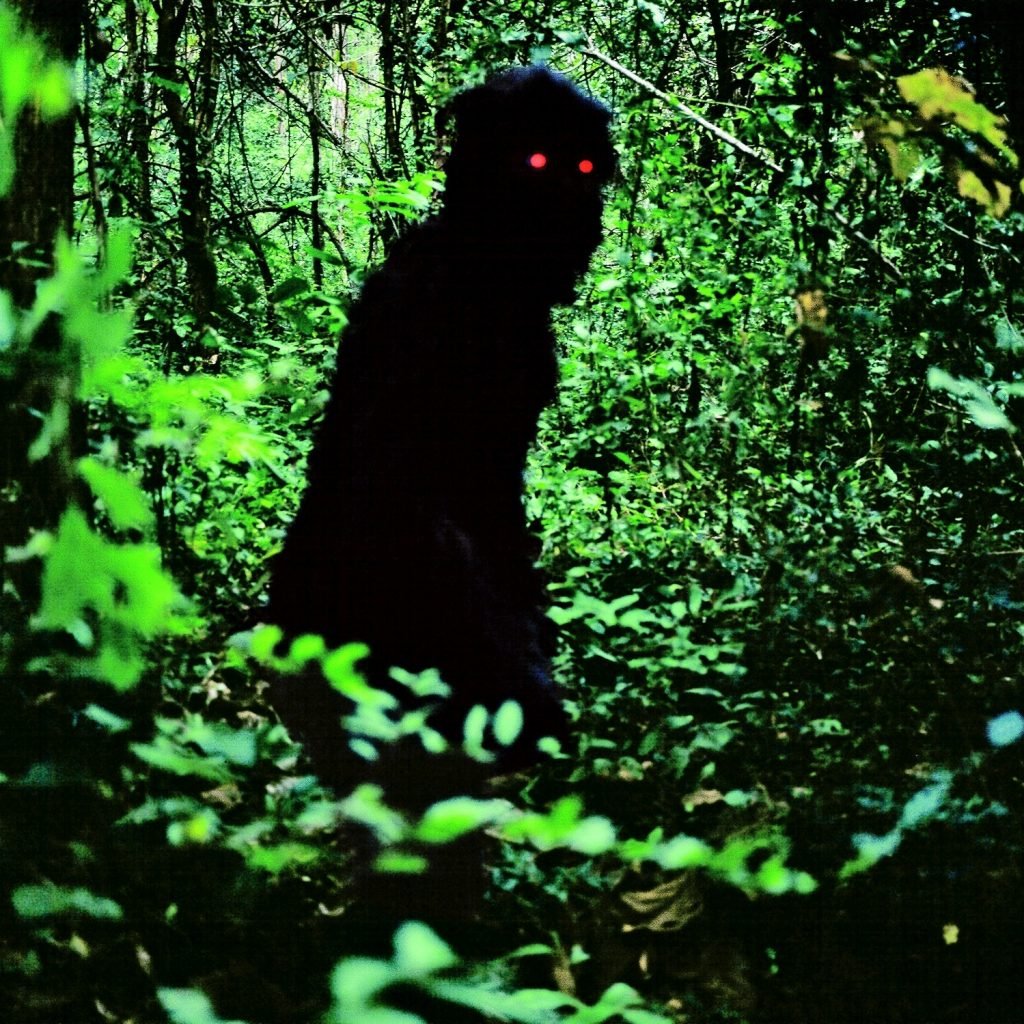
For me, Tropical Malady is one of your best films. Was there anything in particular that struck when rewatching it?
Seeing all the attention I’d paid to the story, to the framing, to the whole cinematographic language I was exploring at the time, was something that moved me. There was a form of innocence and a belief in cinema, as though it represented everything. I’ve changed in that respect. I still believe in cinema, but I no longer think it has the power to change much.
The beauty of analogue film has disappeared. Working digitally, as we do today, depending on others’ opinions on social media – all of that has made us different. I go to see fewer movies, I must confess, and I don’t find it as stimulating as I once did. I’ve even set myself a rule: I don’t watch pictures made after 1980! I live in the mountains, in Chiang Mai, a bit like a monk.
“I still believe in cinema, but I no longer think it has the power to change much.” Apichatpong Weerasethakul
In addition to a retrospective of your films, the Festival d’automne has programmed the exhibition Particules de nuit and a virtual-reality performance titled A Conversation with the Sun.
I like to mix things. When you shoot a feature film, its length is an obligation that can be limiting. When running workshops, I’ve noticed that students consider a feature-length film an achievement, with the short form only counting as a first step.
Personally I’ve made a lot of short films, and I immensely value the openness they represent. During the Festival d’automne, viewers will be able to see the connections between the various aspects of my work, obsessions of mine with respect to certain sounds, certain images…
Night, for example, or the link between waking and sleeping…
My work really happens in the dark. It allows a form of intimacy, acting as a conduit for dreams. For me, that’s the point of moving images. In the Atelier Brancusi at the Centre Pompidou, where Particules de nuit will be shown, I adapted the building’s architecture: I started by blocking up all the places where light comes in [laughs] so that the projections will be seen the way l intended.
I want the light to come from the videos and for it to project onto, and thereby reveal, the architecture of the Atelier Brancusi. In this way, the exhibition space becomes like a dark room where visitors develop images, only those images are internalized. If there’s one thing I hope for, it’s that visitors will come with no expectations. I like the visual arts when they aren’t formatted, when we go without knowing what to expect. What’s true for art is also true for life…
That’s not necessarily easy…
I try to get there by proposing works without stories and without any goal, pieces that simply record people and living creatures that I look at. Everything is open. Faced with that, people either feel very frustrated or very liberated. [Laughs.]
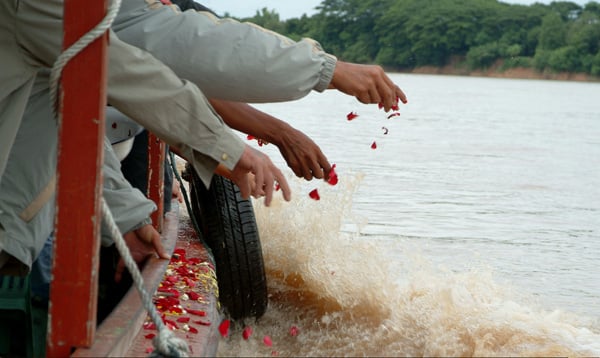
Some of your films already have something of a virtual-reality quality to them in that they’re very immersive. What will your VR performance consist in?
This VR experience is a little unusual, and slightly impure, because it’s mixed with a cinematic experience. Before you put the headset on, you can see screens in the room showing images. The VR comes afterwards. You hear the same soundtrack, but the images are new and different.
You never see everything at once, you don’t experience the thing globally. It’s a way of showing that subjectivity is important when you enter a world of sound and image. It’s an experience that’s akin to watching one of my films.
The most interesting part was putting myself in contradiction with what many consider is the essence of VR, the logic of the game – going somewhere, carrying out a mission, creating a story… What I’m proposing is like a little theatre, with a narration that’s reduced to signs and moments. We become part of a stage set, with 14 other people. It’s only at the end of the process that we understand what’s really happening.
Do you still record your dreams?
I started doing it about 15 years ago. It’s a very important part of our lives, which we sometimes neglect. Dream logic is fascinating, and it definitely influences my work. For example, the final part of Uncle Boonmee Who Can Recall His Past Lives was based on a dream. There are images and sequences in my work that only exist because I dream. A dream is like a film, but it’s personal and only happens once. You mustn’t miss it!
What about your next feature film?
Thave a project in Sri Lanka, which I may shoot between now and the end of 2025. [According to some sources, Tilda Swinton is already on board.] In reality, I’ve started it already, since l’ve been doing research and having fun visiting Sri Lanka, and I don’t want that to stop.
To be more precise, I go to a place called Sigiriya, where there’s a huge mountain-like rock, which I constantly climb, meeting new people each time. The movie is almost an excuse for going there. [Laughs.] I don’t want to tell a story, I just want to visit and observe this rock. The authentic form of the picture will come all by itself, as was the case in Columbia with my last feature film, Memoria. And if the movie never gets made, that would suit me fine too!
Apichatpong Weerasethakul film retrospective, 2 October-9 November; Particules de nuit, 2 October-31 December; A Conversation with the Sun, 5-14 October, all at Paris’s Centre Pompidou.






